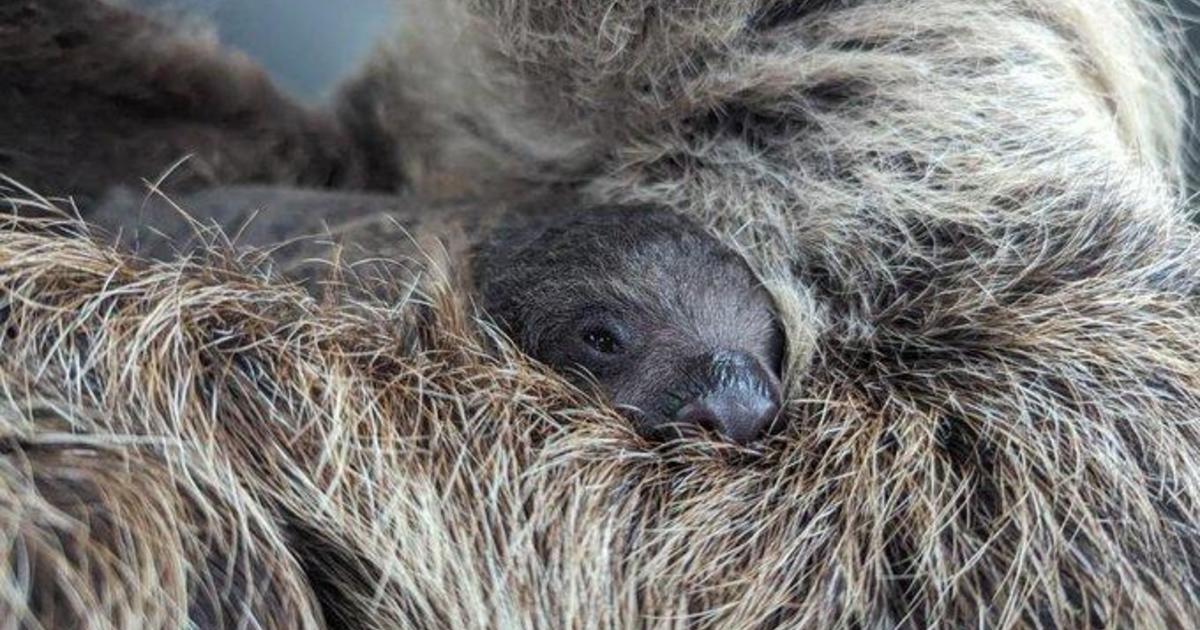Colorado Has Lowest New Year's Snowpack Since 2002
DENVER (AP) — Colorado's snowpack continues to lag but the state is still benefiting from a wet 2011.
The National Resources Conservation Service said Monday that the statewide snowpack was 71 percent of average as of Jan. 1. That's the driest New Year's Day since 2002, which turned out to be a very dry year, and the fourth lowest in the last 30 years.
The snowpack is about half the level it was at the beginning of last year.
The agency said snowfall in October was near average but November and December were drier than normal. All major basins are below average but conditions are the worst in western and southwestern Colorado. The area with the least snow is the Yampa and White river basin, where levels were 57 percent of average as of Jan. 1. The Arkansas was the basin with the highest reading, 96 percent of average.
The South Platte, which benefited from upslope storms, was at 80 percent of average.
Reservoir levels in most parts of the state are close to or above average because of last year's big snowpack. The exception is the Rio Grande basin, where reservoir levels are 64 percent of average.
The central Colorado mountains benefited the most from a storm this weekend. The National Weather Service said the Gore and Elk mountains got an estimated 5 to 9 inches and up to a foot fell at Schofield Pass.
The weather service also says drought conditions have eased in south central and southeastern Colorado, especially in the San Luis Valley, but there hasn't been enough precipitation to make up for extremely dry conditions from 2010 through 2011. La Nina conditions are expected to strengthen, which could mean below average precipitation for the region the rest of the winter.
(© Copyright 2012 The Associated Press. All Rights Reserved. This material may not be published, broadcast, rewritten or redistributed.)



